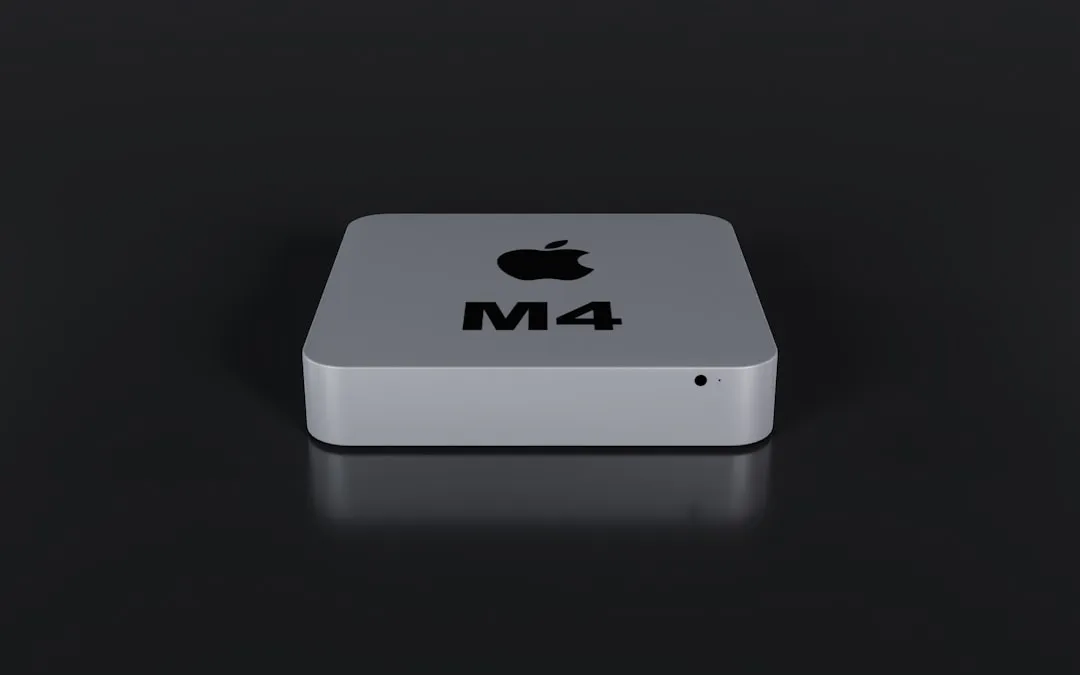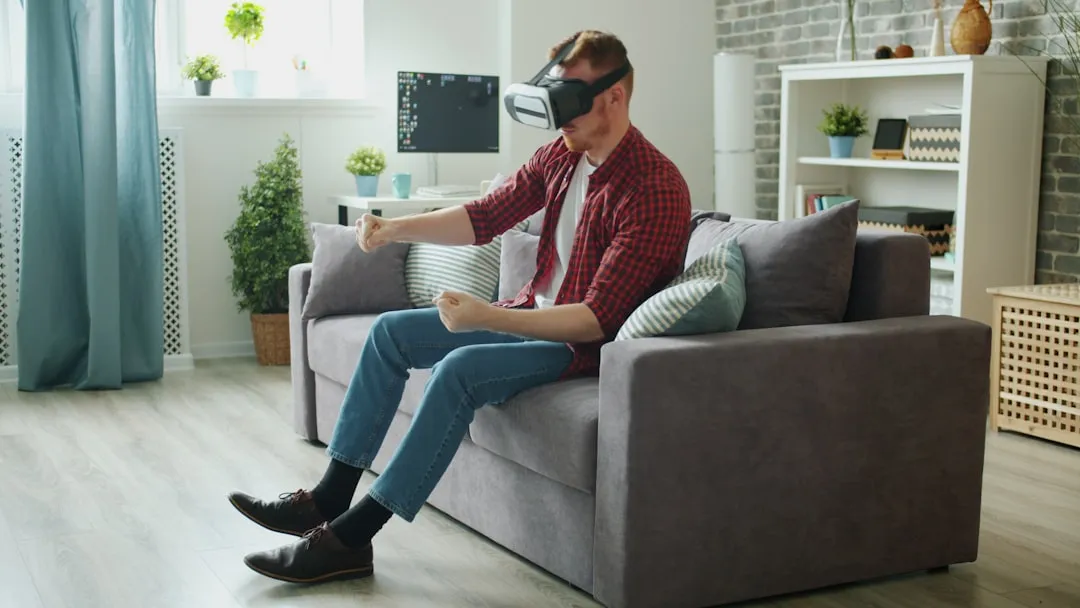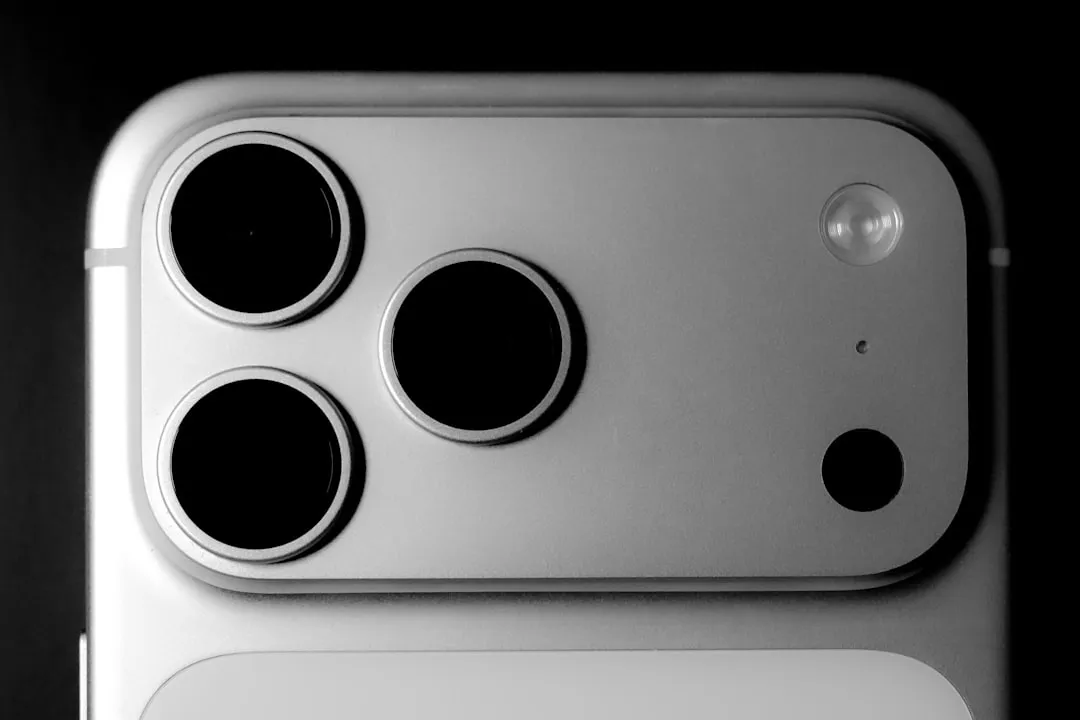Facebook and its Oculus subsidiary have been open about their intentions to bring AR wearables into the mainstream for some time now.
Nonetheless, when Oculus talked about its AR plans at the Oculus 6 keynote presentation on Wednesday, it still managed to surprise its audience with some news... and raise some eyebrows of concern and cynicism in the process.
The company not only confirmed that it is working on AR wearables but also revealed that it has multiple prototypes in the works.
But that's not all. Oculus is also developing an AR cloud platform, similar to what Niantic, 6D.ai, Ubiquity6, and others are currently in varying stages of testing and deployment.
What Oculus is calling the Live Maps platform captures 3D replicas of spaces using machine vision, localization, and mapping protocols. Oculus will use the data collected from users through geotagged photos and from mapping its facilities to populate point clouds and form shared 3D maps.
Virtual maps enable multi-user experiences, persistent content, and real-world occlusion that can fuel immersive experiences. For example, Live Maps, like other AR cloud platforms, can provide AR navigation, with contextual prompts for points of interest and other relevant or engaging information in the real world overlaid in the user's field of view.
Or, just as Magic Leap proposes with its Magicverse and virtual telepresence technology via Mimesys, Live Maps can make long-distance communication more personal by bringing virtual avatars into the user's space.
However, compared to other mobile-based AR clouds and Magic Leap's flavor of it, Live Maps is still in the research phase at Facebook Reality Labs.
On the other hand, Oculus is already shipping AR technology of the future today, with the introduction of hand-tracking capabilities for Oculus Quest. The hand-tracking technology lays the groundwork for user interfaces for the company's eventual foray into AR wearables.
But there's an underlying concern with Oculus smartglasses, Live Maps, and even the hand-tracking capabilities. And that comes from its parent company Facebook.
For nearly two years now, Facebook has been more or less in crisis mode over its privacy policies and mishandling of customer data. It even recently landed a $5 billion fine from the Federal Trade Commission as a result. Upon proposing a cryptocurrency, Facebook almost immediately found itself in front of a US Senate hearing.
Based on its track record, would anyone trust Facebook with a virtual copy of their homes and businesses? Can users be confident that the shared maps they create and the personal data held within them won't end up in the wrong hands? If bad actors manipulate the persistent content of Live Maps as they have the News Feed of the US electorate, how will Facebook address it?
Facebook certainly has the user base and the scale to build an AR cloud platform that can fuel next-generation AR experiences. But, it also has a reputation that could just as easily tank the idea and — worst-case scenario — pull down the rest of the industry, too.
Cover image via Oculus/youtube.com/watch?v=JTa8zn0RNVM YouTube





























Comments
Be the first, drop a comment!